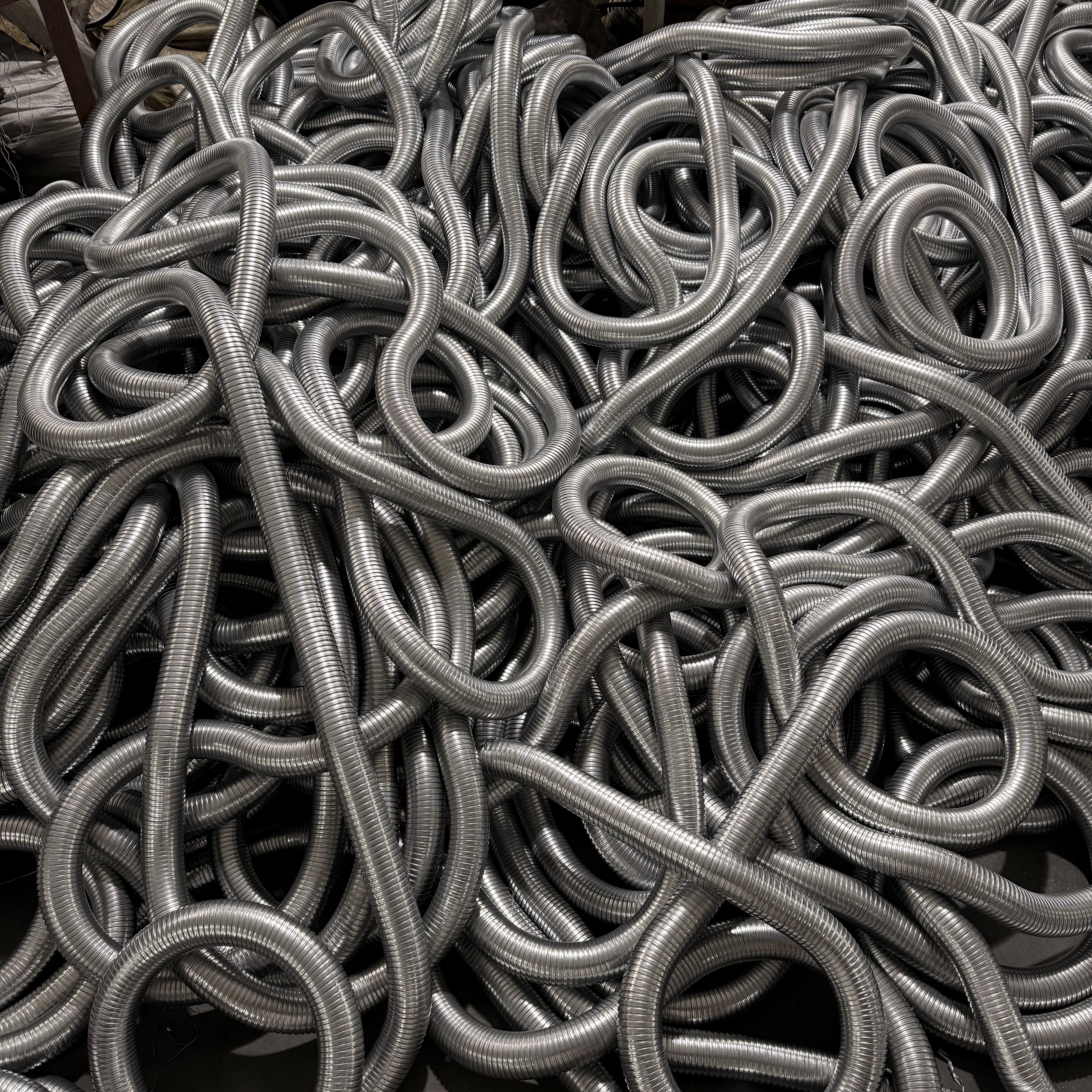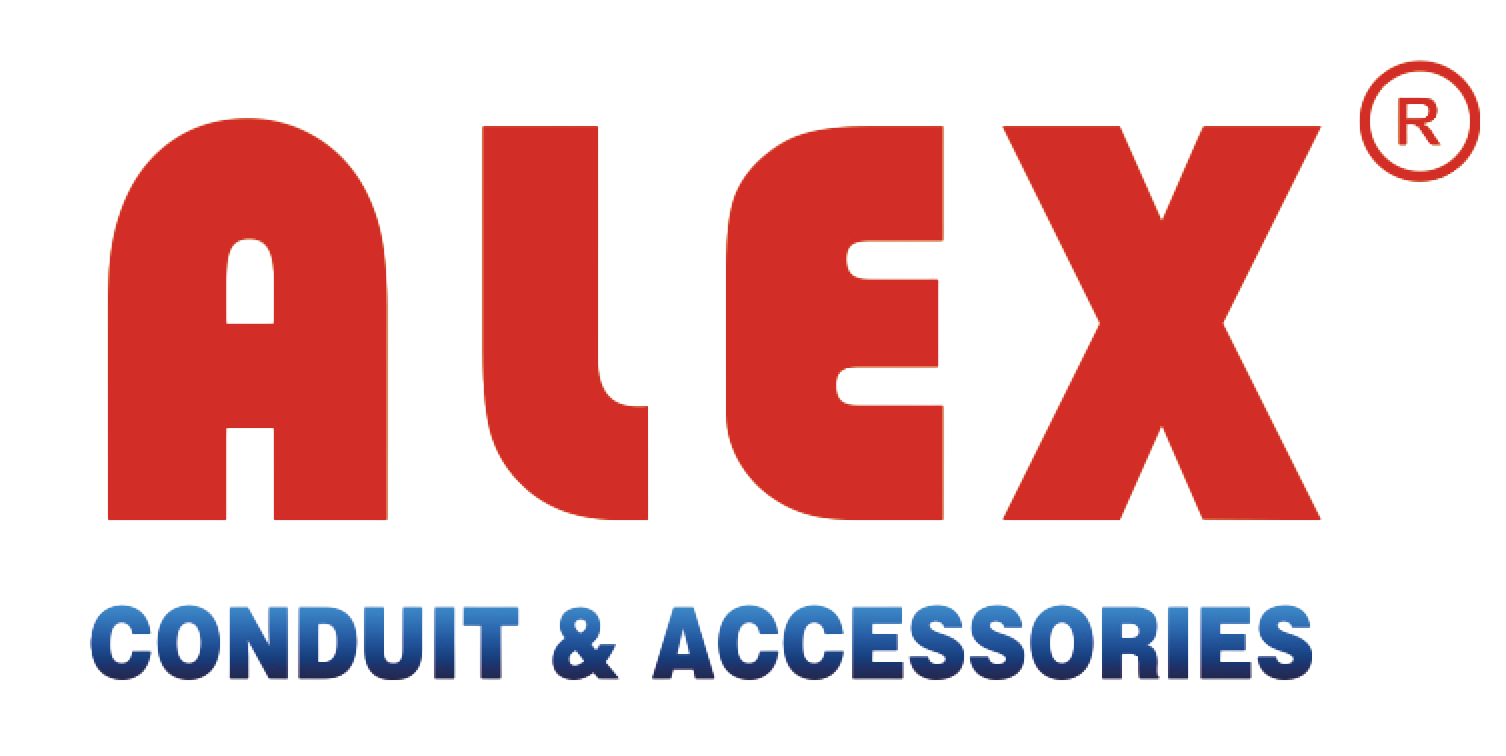How to Identify High-Quality Flexible Conduits
How to Identify High-Quality Flexible Conduits
Flexible conduits play a critical role in protecting electrical wiring across commercial, industrial, and residential installations. Whether the project requires steel flexible conduit, PVC-coated flexible conduit, liquid-tight flexible conduit, or non-metallic flexible conduit, choosing high-quality products ensures long-term safety, strong mechanical protection, and resistance to harsh environments. This guide explains how to evaluate flexible conduit quality and what features indicate a superior manufacturing process.

Why Flexible Conduit Quality Matters
Electrical cables face constant threats—from physical impact and abrasion to moisture, chemicals, and temperature changes. High-quality conduits:
Prevent cable damage
Improve installation safety
Reduce maintenance costs
Extend the service life of electrical systems
Poor-quality conduits may crack, corrode, deform, or fail under pressure, leading to safety hazards and expensive repairs. That’s why understanding material quality and construction is essential when sourcing flexible conduit.
Steel Flexible Conduit: What Defines Good Quality
Steel flexible conduit is widely used in industrial applications for its strength and flexibility.
A high-quality steel flexible conduit should have:
✔ Thick, uniformly galvanized steel strip
Good galvanization protects against rust and corrosion. Uneven coating means shorter lifespan.
✔ Tight interlocking structure
The interlocked steel must be firm and consistent.
Low-quality interlocks create gaps, reduce crush resistance, and make the conduit noisy or unstable during bending.
✔ Proper weight and density
Heavier conduit generally indicates thicker steel and higher durability.
✔ Smooth bending performance
When bent:
No gaps should open
No deformation should appear
The conduit should maintain roundness
PVC-Coated Flexible Conduit: Key Quality Indicators
PVC-coated flexible conduit combines a metal core with a protective PVC jacket.
Look for the following:
✔ Smooth, uniform PVC surface
High-quality PVC has no bubbles, cracks, wrinkles, or color inconsistencies.
✔ Strong bonding between PVC and metal core
You should NOT be able to peel the jacket easily by hand.
Loose bonding indicates poor extrusion quality.
✔ Oil, UV, and abrasion resistance
Premium PVC should handle outdoor and industrial environments without hardening or fading.
Liquid-Tight Flexible Conduit: Waterproof Performance Matters
Liquid-tight flexible conduit is designed for areas exposed to water, oil, and moisture.
To check quality, verify:
✔ Fully sealed PVC jacket
No exposed metal anywhere along the length.
Cheap versions show gaps when bent.
✔ Jacket flexibility
When bent sharply, the PVC should NOT crack, wrinkle severely, or separate from the core.
✔ Uniform thickness
Thin spots in the jacket mean weak waterproof protection.
✔ Strong steel core inside
A good liquid-tight conduit still requires a strong interlocked steel base.
Non-Metallic Flexible Conduit: What to Check
Non-metallic conduits are used for light-duty and indoor applications.
Quality indicators include:
✔ Material toughness
The conduit should not crack or become powdery when bent.
Brittle material = poor resin quality.
✔ Consistent color and finish
Discoloration, fading, or speckled patterns mean recycled or low-grade plastic.
✔ Flexible but not too soft
If the conduit collapses easily under hand pressure, it lacks durability.
Key Features of High-Quality Flexible Conduits
No matter which conduit type you choose, premium products share these features:
⭐ Strong crush resistance
⭐ Smooth and easy bending performance
⭐ Uniform weight and dimensions
⭐ Consistent appearance with no defects
⭐ High-quality raw materials
⭐ Precision manufacturing and stable testing processes
These signals show that the conduit manufacturer uses advanced machinery and strict quality control.
How to Choose a Reliable Flexible Conduit Manufacturer
Selecting the right supplier is just as important as choosing the right conduit.
A trustworthy manufacturer will have:
✔ In-house production for metal and PVC
✔ Modern interlocking machines
✔ High-standard extrusion lines
✔ Waterproof and crush-resistance testing
✔ Certifications for global markets
✔ Transparent quality inspection reports
Manufacturers who only trade products—without controlling production—often cannot guarantee stable quality.
Frequently Asked Questions (FAQ)
1. What is the strongest type of flexible conduit?
Steel flexible conduit and liquid-tight flexible conduit offer the highest mechanical strength.
2. Does PVC-coated conduit work outdoors?
Yes—high-quality PVC-coated conduits are UV-resistant and suitable for outdoor and industrial use.
3. How can I quickly check conduit quality?
Bend it by hand.
If gaps open, PVC cracks, or the material feels too light, it’s low quality.
4. Why do some conduits feel too light?
Light weight usually means thin steel, low-quality PVC, or reduced material content.
5. Is non-metallic conduit waterproof?
It is moisture-resistant but not fully waterproof like liquid-tight PVC-coated conduit.
LINKS:
https://alexcity.biz/FLX/165.html
https://alexcity.biz/FLX/166.html
https://alexcity.biz/FLX/167.html
